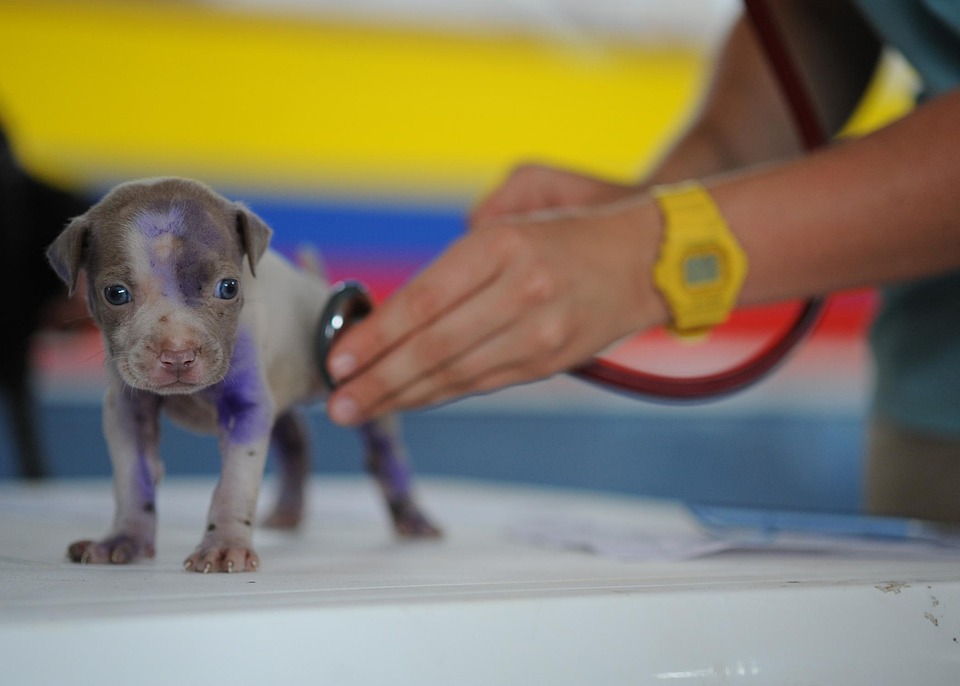
Introduction
Welcoming a new kitten into your home is an exciting experience filled with joy and anticipation. As a new cat owner, one of your primary responsibilities is ensuring your kitten’s health and well-being. The first vet visit is a crucial step in this journey, laying the foundation for a healthy life. In this article, we will provide essential tips to help you master your kitten’s first vet visit, offering valuable insights and practical advice for both new and experienced cat owners.
Preparing for the First Vet Visit
Preparation is key to a successful first vet visit. Being well-prepared will not only make the experience less stressful for your kitten but also ensure you get the most out of the appointment.
Select the Right Veterinarian
Choosing a veterinarian you trust is critical. Look for a clinic with a good reputation, preferably one that specializes in feline care. Ask for recommendations from friends, family, or online communities. Once you have a few options, visit the clinics to get a feel for the environment and staff.
Gather Important Information
Before the visit, gather all relevant information about your kitten. This includes any health records, vaccination history, and information from the breeder or shelter. If your kitten has any known medical issues or behaviors, note these down to discuss with the vet.
Familiarize Your Kitten with the Carrier
Introduce your kitten to the carrier well in advance of the vet visit. Leave the carrier open in a comfortable and accessible space, placing soft bedding and toys inside. Encourage your kitten to explore and enter the carrier voluntarily. This will help reduce anxiety on the day of the visit.
What to Expect During the First Vet Visit
Understanding what happens during the first vet visit can help you feel more at ease and ensure you are prepared to support your kitten.
Initial Examination
The vet will conduct a thorough physical examination, checking your kitten’s eyes, ears, mouth, coat, and overall body condition. They will also listen to the heart and lungs to identify any potential issues.
Discussion of Medical History
Be prepared to discuss any health records you have brought along. The vet will ask questions about your kitten’s diet, behavior, and any previous medical conditions. This is also an opportunity to raise any concerns or ask questions you may have about your kitten’s health and care.
Vaccinations and Preventive Care
Your kitten will likely receive their first round of vaccinations, which are crucial for preventing common feline diseases. The vet will also discuss a schedule for follow-up vaccinations and parasite control measures, such as deworming and flea prevention.
Nutritional Advice
Proper nutrition is vital for your kitten’s growth and development. The vet will provide guidance on the best diet for your kitten, taking into account their age, breed, and any specific health needs. They may recommend specific brands or types of food.
Tips for a Stress-Free Visit
Vet visits can be stressful for both you and your kitten. Here are some tips to help make the experience as smooth as possible.
Stay Calm and Positive
Your kitten can pick up on your emotions, so it’s important to remain calm and positive. Speak to your kitten in a soothing voice and offer gentle reassurance throughout the visit.
Use a Comfortable Carrier
Ensure the carrier is comfortable and secure. Line it with soft bedding and consider using a pheromone spray to help calm your kitten. Covering the carrier with a blanket can also help reduce visual stressors.
Schedule Wisely
Try to schedule the appointment for a time when the vet’s office is less busy. This can help reduce wait times and minimize stress for your kitten. If possible, choose a time when your kitten is naturally more relaxed, such as after a meal or nap.
Post-Visit Care
After the vet visit, it’s important to continue providing care and monitoring your kitten’s health.
Monitor for Side Effects
Some kittens may experience mild side effects from vaccinations, such as lethargy or a slight fever. Monitor your kitten closely and contact the vet if you notice any concerning symptoms.
Follow Up on Recommendations
Ensure you follow any recommendations made by the vet, including scheduling follow-up appointments for vaccinations or additional treatments. Adhering to these recommendations is crucial for your kitten’s health.
Continue Socialization
Socialization is important for your kitten’s development. Continue exposing your kitten to new experiences, people, and environments in a controlled and positive manner. This will help them grow into a well-adjusted adult cat.
Conclusion
Mastering your kitten’s first vet visit is an essential step in ensuring a healthy start for your feline friend. By preparing thoroughly, understanding what to expect, and following up on the vet’s recommendations, you can provide your kitten with the best possible care. Remember, regular vet visits and preventive care are key components of responsible pet ownership, leading to a happy and healthy life for your beloved kitten.
#ChatGPT assisted in the creation of this article.








